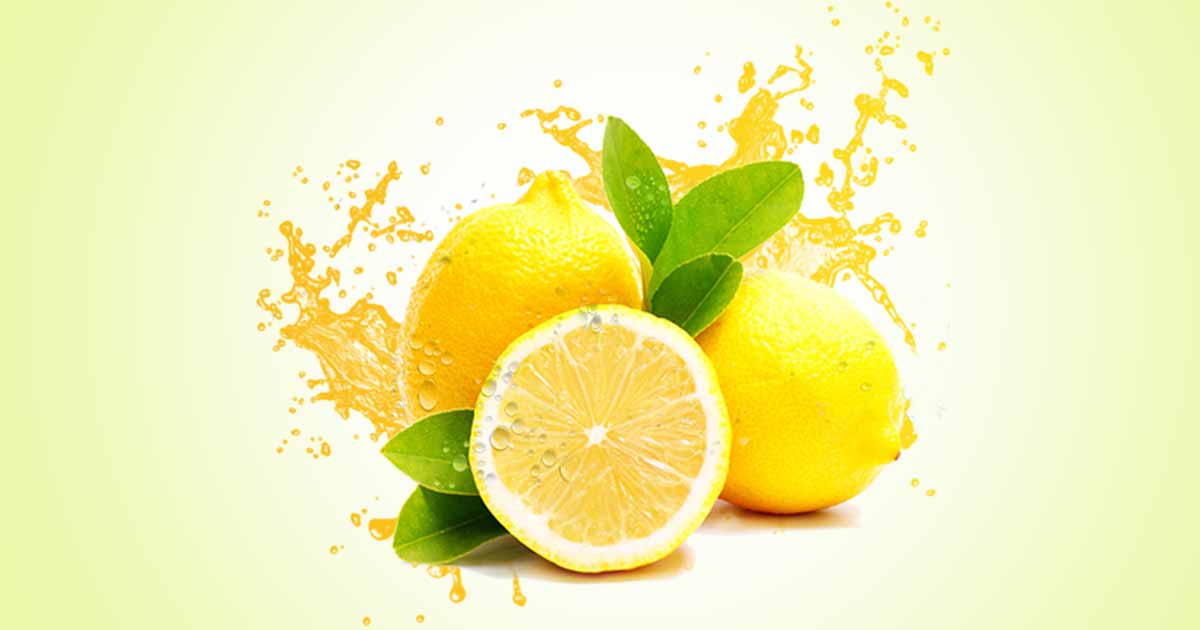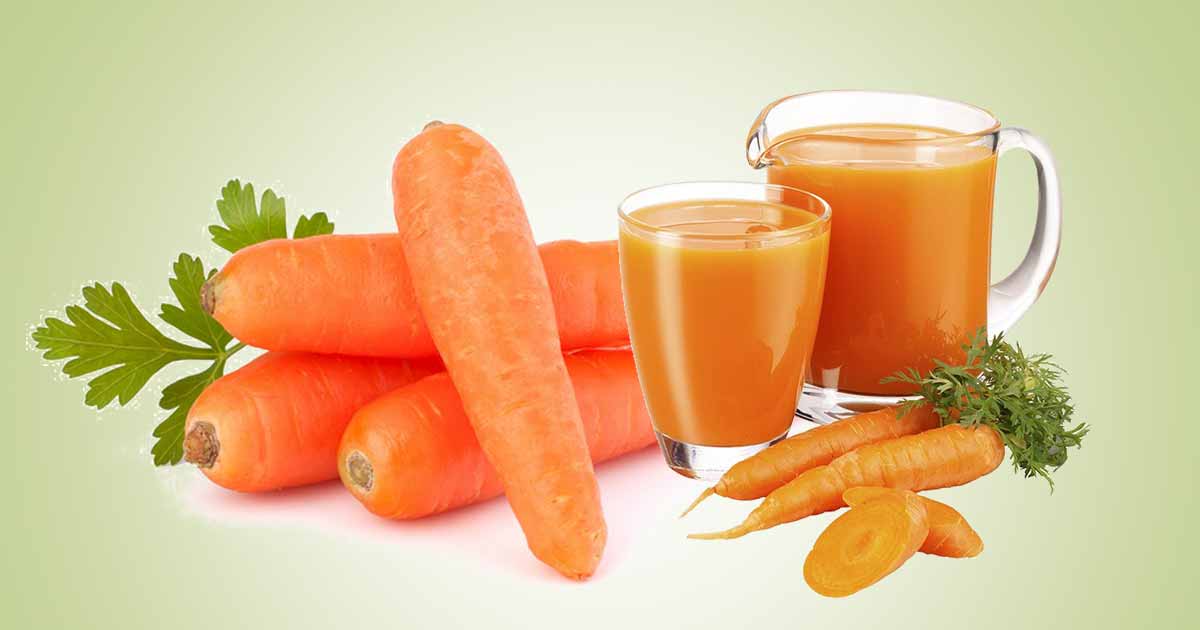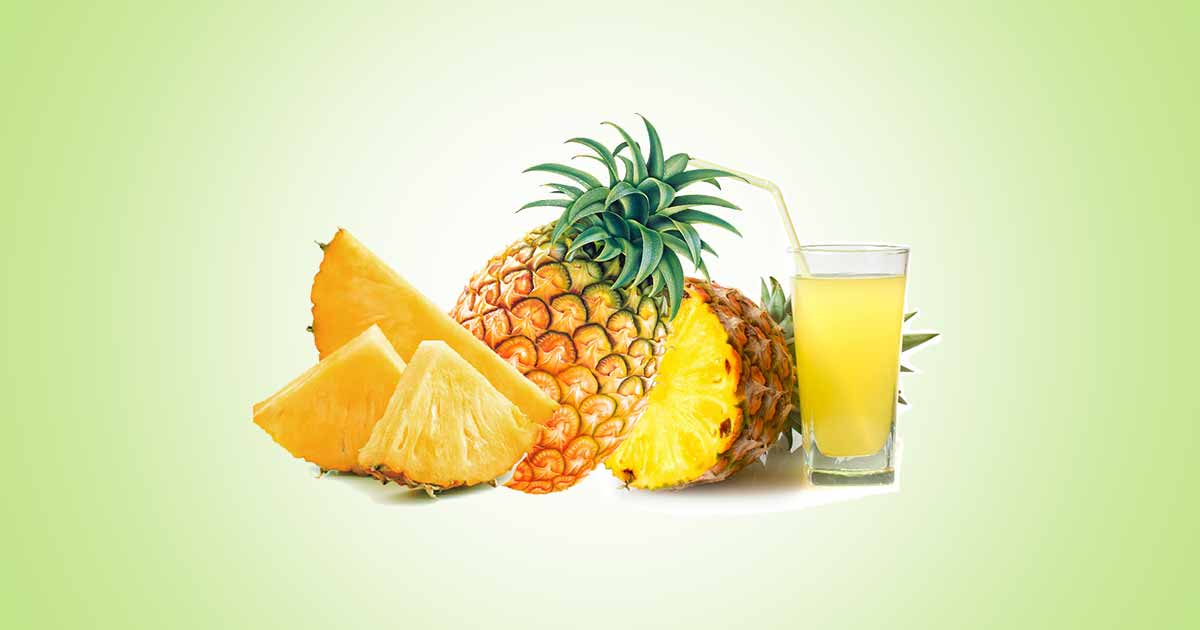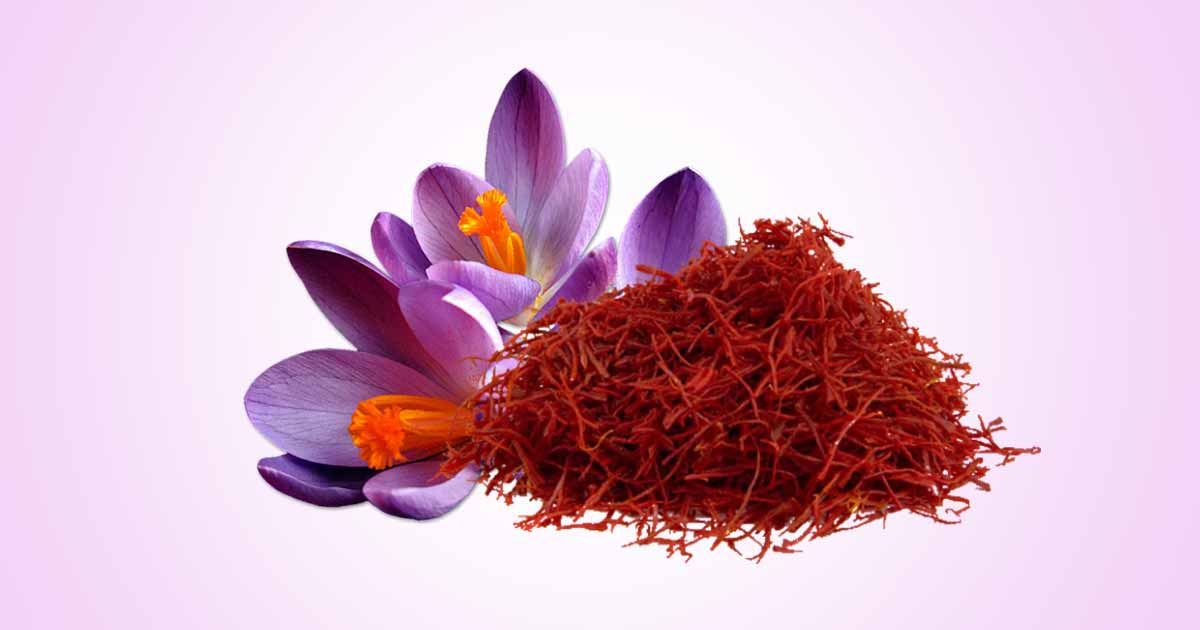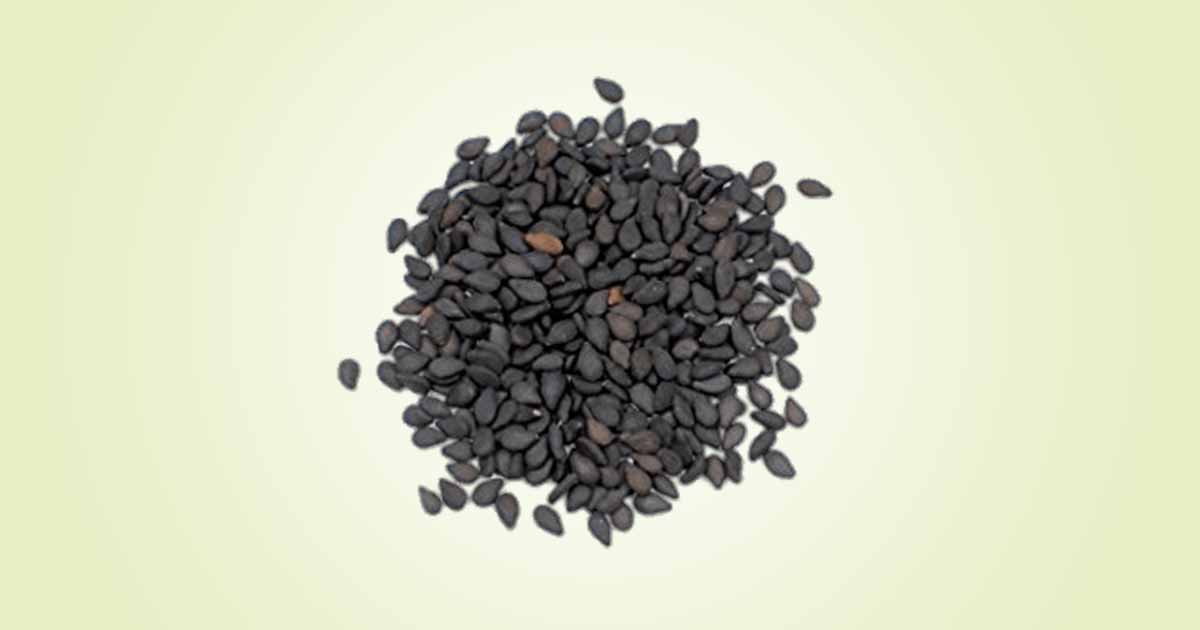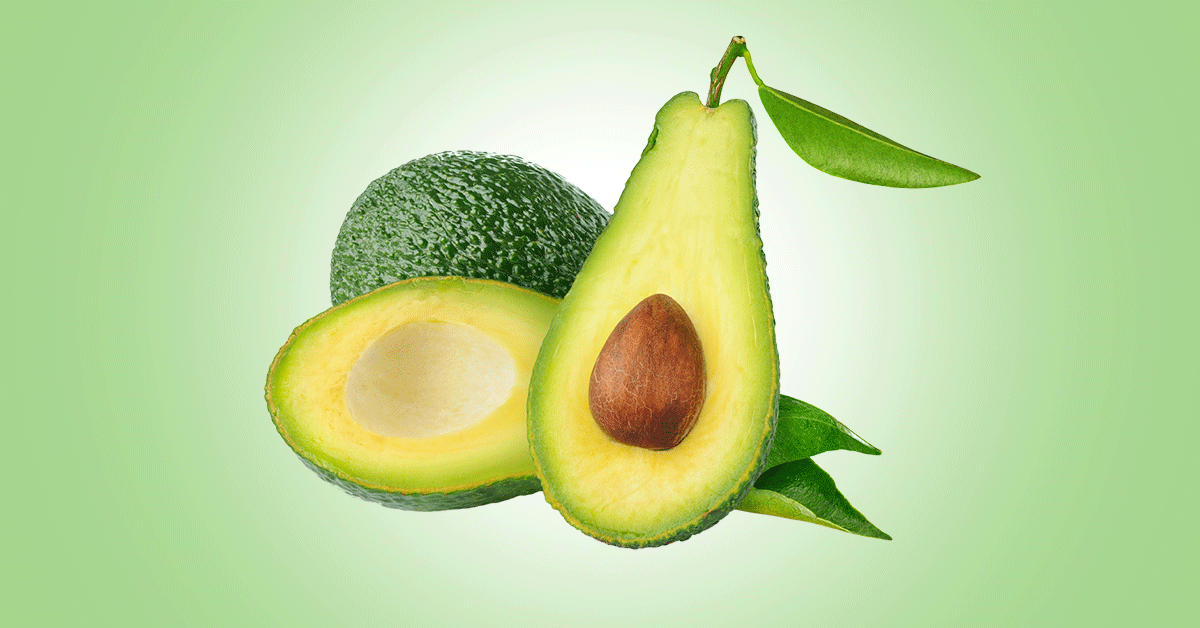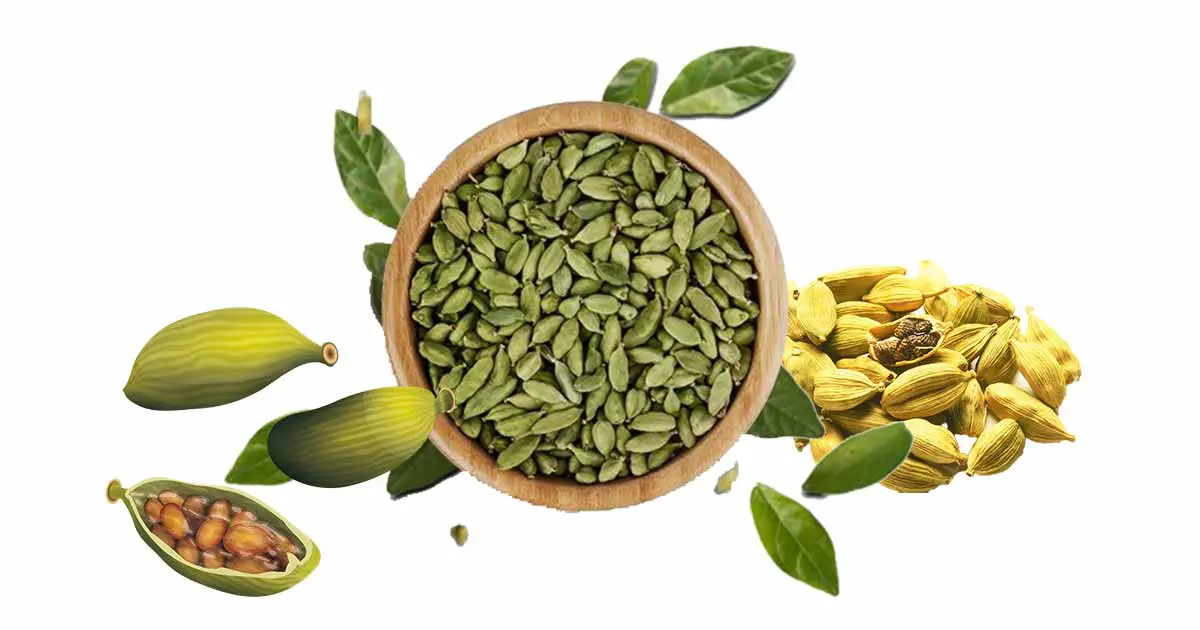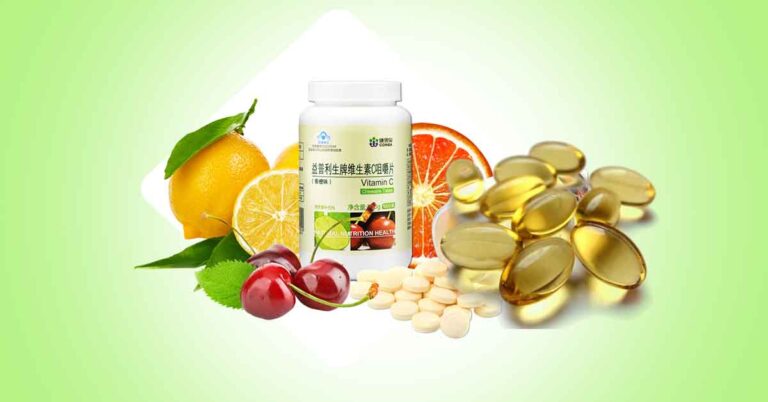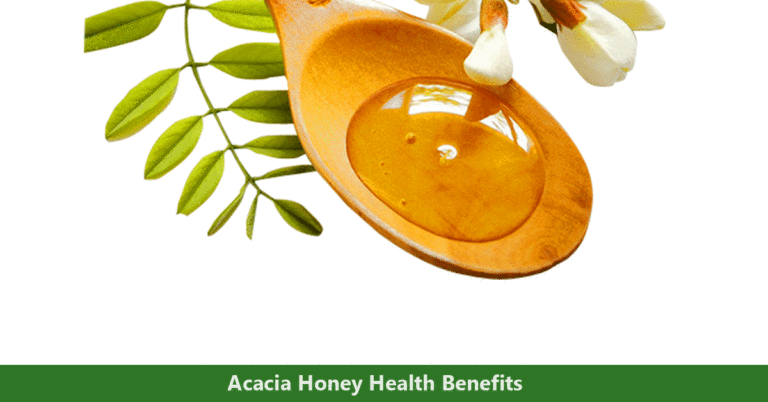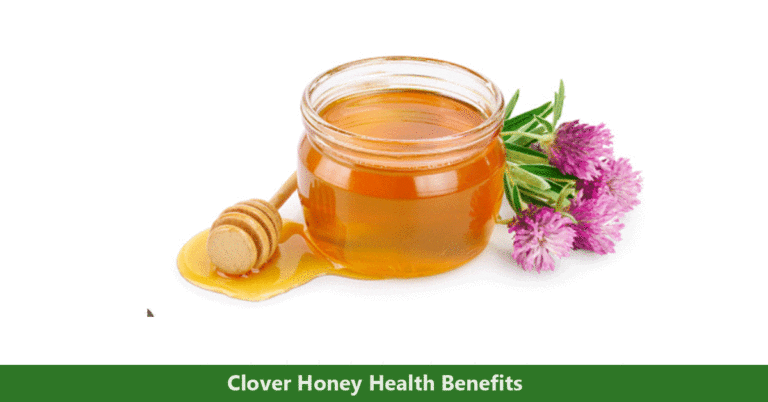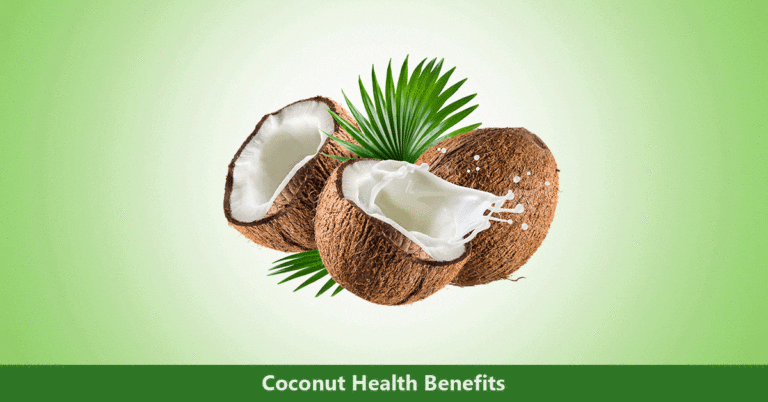Lemon is an edible citrus plant from the flowering plant family Rutaceae. The fruit has appealing color, odor, and taste. Lemons (Citrus limon) are oval fruit with smooth, porous skin. Some varieties have a pointed tip at the bottom, while some have a rounded base.
Lemon tree can grow up to 10 m or smaller. Branches have an open crown and are thorny. Leaves are green, elliptical-acuminate and shiny.
The fruit, which is a berry, can be greenish yellow or bright yellow. It is acidic, juicy with yellow aromatic rind that turns yellow when ripe. Fruits from citrus family are called hesperidium.
The seeds are embedded inside the pulp near the center of each fruit. They are white, wrinkled, hard, oval and numerous in numbers. The numbers depend on species. Tree branches have stout, stiff thorns. The flowers are very fragrant, white on the outside, and with violet streaks on the inside.
Citrus family includes other well known species such as lime (Citrus auantiifolia), pomelo (Citrus maxima) and bitter orange (Citrus aurantium L.). Lemon and lime are similar, but it is yellow when ripe and larger than lime, which remains green even when ripe.
Lemon is said to have originated from the Punjab region of Pakistan and India, or the eastern Himalayan region of southern China and upper Myanmar. In 1493, the Italian navigator, Christopher Columbus, planted the first lemon tree in the US.
Italy, USA, Turkey, Spain, Greece, Argentina, and Israel are major producers, with the US and Italy, topping as the largest producers worldwide. It grows well in tropical and subtropical climates.
Other names of lemon includes Citron (French), Remon (Japanese), Zitrone (German), Limone (Italian), Limón (Spanish), Lămâie (Romanian), Nimbu, Bara Nimbu, Pakari Nimbu (Hindu), and Manao farang, Ma nao leung, Som saa (Thai).
Varieties of Lemon
- Meyer: Native to China. It may be a crossbreed of true lemon and either mandarin or common orange. They have dark shiny green leaves, fragrant white flowers with purple base. They also have a sweeter and less acidic taste.
- The Berna: Medium sized species, common in Spain
- The Baboon: A bright yellow species common in Brazil, with similar taste to lime
- The Bearss or Sicily: Has abundant oil. Similar to the Lisbon variety.
- The Avon: The species grown mostly in Florida. Used for mostly frozen concentrate.
- The Cameron Highlands: small, round, with a pale green flesh and many seeds.
- The Lisbon: bright yellow color when mature, have juicy, acidic flesh, with few seeds or no seeds at all.
- Eureka lemon: developed in Los Angeles from Italian lemon varieties. It has a bright yellow fruits, aromatic, oily rind, and sweet and sharp flavor. It is called Four Seasons’ as it produces fruits all seasons.
The best varieties of lemon are Lisbon, Eureka, and Meyer. Some species of C. limon include C. medica cedar Cedrat Lemon C. Javanica C. medica acida C. medica C. Limetta C. margarita and C. Lumia.
Lemon has medicinal activities such as anticancer, antioxidant, anti-diabetic, anti-infammatory, anti-viral, antibacterial activities among others.
Lemon is also used to flavor drinks, sauces, salads, desserts. It is also used to prepare lemonade, syrup, curd, lemon garlic soup. It can also be combined with other ingredients like dried rosemary, green beans, onions, walnut, herbal tea such as chamomile, anise, and ginger.
Constituents
Nutritional Composition
Citrus limon peel contains crude fibres (15.18%), crude fat (4.98%), and protein (9.42%).
According to USDA, a 100g of lemon juice contains 92.3 g of water, 0.35 g of proteins, 0.24 g of fats, 0.21 g of ash, 6.9 g of carbohydrates, 0.3 g of dietary fiber, 2.52 g of sugars, and 22 kcal of energy.
Minerals: Potassium is abundant (103 mg). Other minerals such as iron, calcium, sodium, phosphorus, zinc, magnesium, copper, and selenium.
Vitamins: The most abundant vitamin in lemon is vitamin C (38.7 mg). There are also quantities of niacin, riboflavin, thiamine, Pantothenic acid, vitamin B-6, folate, choline, beta-carotene, vitamin A, vitamin E.
Bioactive Compounds
Citrus limon contains abundant vitamin C and citric acid (7%), ascorbic acid, malic acid, and caffeic acid, and sugars. It contains flavonoids (eriocitrin and hesperidin), pectins, glycosides, sugars, polysaccharides, lipids, bitter limonoids, organic acids, and sitosterol, coumarins and volatile oils.
The outer layer of the lemon peel (pericarp) contains essential oils such as citral, and traces of citronellal and limonene, α-terpineol, geranyl acetate and linalyl. Citral on reduction yields geraniol, citronellal and pinene.
The inner layer (mesocarp) has no essential oils, but has coumarin derivatives and bitter flavone glycosides. There is a small amount of potash, sugar, and gum.
Lemon oil includes some 70% limonene and about 20% monoterpenes.
Citrus limon peel contains oils such as β-pine, myrcene, neral, geranial, neryl acetate, geranyl
and β-caryophyllene.
The pollen contains trans-nerolidol as the main volatile oil.
Health Benefits of Lemon (C. Limon)
Treatment of scurvy: citrus limon contains high quantity of vitamin C. The disease is caused by deficiency of ascorbic acid. Vitamin C also boost immunity.
Antioxidants: the pectin, flavonoids, eriocitrin, hesperidin, and coumarins and essential oils of lemon have antioxidant property. They are radical scavengers and prevent diseases such as cancer, cardiovascular diseases and neurodegenerative diseases.
Weight loss: Lemon juice is combined with honey when used for weight loss. Lemon contains pectin, a soluble fiber that promotes weight loss.
In mice with high-fat diet–induced obesity, lemon peel inhibited weight gain.(Pan 2022)
Protects the liver: constituent in lemon extract such as naringenin, hesperidin protects the liver against damage induced by acetaminophen.(Bouzenna 2016)
Anti-inflammatory effect: the essential oils and extract from lemon have analgesic and anti-inflammatory activity. It can be used in insect bite or poison ivy.
Antidiabetic effect: citrus limon leaf and peel extract has a strong alpha-amylase inhibition activity. It restored adipocyte insulin sensitivity and function(Sorrenti 2021)
Antimicrobial activity: citrus limon juice and essential oils are antimicrobial. The oil especially the citral and linalool content inhibits Escherichia coli, Bacillus subtilis, Klebsiella pneumonia, Salmonella typhi, Staphylococcus aureus, Vibrio cholerae, and other microbes.
They also inhibit fungi such as Aspergillus mold, Microsporum can is, yeast-like fungus Malassezia furfur. It may also inhibit rabies virus.
The leaves and peels extract may have antihelmintic activity against Eicinia foetida and Ascaridia galli.
Cardioprotective: in studies with rodents, citrus limon prevented thrombosis by prolonging bleeding and thrombin time.
Anti-diarrhea effect: The peel prevents secretion and gastrointestinal motility in mice.
Acetylcholinesterase/Butylcholinesterase inhibitors: dried leaf powder extract of citrus limon inhibit both acetylcholinesterase and butylcholinesterase in vitro. It was not found to be neurotoxic.
Antiulcer effect: citrus limon juice, essential oils and limonene protect the gastric mucosa against irritation.
Aromatherapy: In patients with advanced cancer receiving palliative treatment, the essential oils can help to relieve nausea and vomiting.
The aromatherapy using citrus limon is also useful in relieving stress, fatigue, mood and tension, nervousness, anxiety, and boost energy.
Anticancer effect: citrus limon contains liminoids, compounds which have anticancer activities. The flavonoid eriocitrin, and coumarins may induce apoptosis in acute myelomonocytic leukemia cells.
Manage kidney stone: drinking lemon juice raised the citrate levels in the urine. This could prevent calcium stones in the kidney. It can also be mixed with olive oil in treating gall bladder stone, kidney stone.
Digestive effect: citrus limon stimulate metabolism. It also relives nausea, heartburn and irritable bowel syndrome.
Rich in potassium: Potassium helps to regulate the blood pressure. It also works with sodium to maintain water balance in the body. Other fruits like bananas, plantains are rich source of potassium.
Urinary tract infection: It can help in urinary tract infection by flushing out uric acids.
Sore throat: Mix of lemon juice and honey can be used to relieve the symptoms of sore throat. It also reduces mucus and phlegm.
Insect repellent effect: the peel extracts, and the essential oils repel Anopheles, Aedes, Culex mosquitos, as well as insects like carpenter ants.
Benefit to skin: Vitamin C helps to improve the skin structure, protect against skin damage by sunlight, and gives a shiny look. Citric acids are also good for treating acne.
Using lemon juice and black salt can be beneficial against scorching heat. It is also used with turmeric powder and rose water to improve skin complexion. Citrus limon also eliminates skin odor.
Oral health: It prevents bleeding in the gum, prevents toothache, and gives fresh breath.
Antiseptic property: It is used to disinfect cuts, abrasions, and scrapes.
Antifertility effect: Animal studies suggest citrus limon leaf and seed extract suppressed fertility and decreases in sperm count in male rodents.
Antimalarial activity: in a study, lime juice was combined with the antimalarial drug, artemisinin combination therapy. A rapid clearing of the parasite was observed.
This was repeated with a lemon decoction on murine models. There was a rapid clearance of the parasite by 39%.
The positive antimalarial action may be due to antioxidant levels (flavonoids and vitamin C) and low pH in both fruits. The beneficial effect of lime and lemon on malaria treatment need further studies.
Drug interaction
Drinking a 250 ml of diluted lemon juice could accelerate the transit of tetrofosmin through the liver parenchyma and improve image quality on 99mTc-tetrafosmin myocardial single photon emission computed tomography (SPECT) in male patients.
This may be because lemon juice is acidic, rich in vitamin C with a low pH of 2.0. It could facilitate bile secretion and hepatic clearance of tetrofosmin by increasing the secretion of secretin.
Citrus juices, such as orange, lemon, pomelo, and lime, may also cause certain drug interactions.
- Lemon may increase the absorption of iron
- It may also decrease the concentration of plasma chloroquine levels reducing their effect.
- Studies with rodents showed increased bleeding and thrombin time. It may interact with anticoagulant medicines.
Side Effects
Lemon juice alters the color of the enamel, causes loss of gloss, and irregular dental tissue on tooth enamel. It could also worsen gastroesophageal reflux disease symptoms. It can also cause nausea, vomiting, and increased risk of sunburn in light-skinned people.
The lemon soap may cause anaphylactic allergy in some people.
Lime has been investigated for antifertility effect as it makes the sperms less mobile in vitro.(Clarke 2006). The juice reduces fertility and sperms count in murine models (Singh 2021)
The American Urology Association updated their guideline and suggested that those with interstitial cystitis/bladder pain syndrome should consider avoiding food that irritates the bladder like citrus fruits.
References
- https://www.researchgate.net/publication/318360553_Lemon_A_Versatile_Fruit_of_Multiple_Uses
- https://www.researchgate.net/publication/342157456_Biological_attributes_of_lemon_A_review
- https://www.sciencedirect.com/science/article/pii/S1021949818300371
- https://www.mdpi.com/2304-8158/10/1/33
- https://fdc.nal.usda.gov/fdc-app.html#/food-details/167747/nutrients
- https://www.drugs.com/npp/lemon.html#8089046
- https://www.iscientific.org/wp-content/uploads/2019/09/6-IJCBS-18-14-6.pdf

